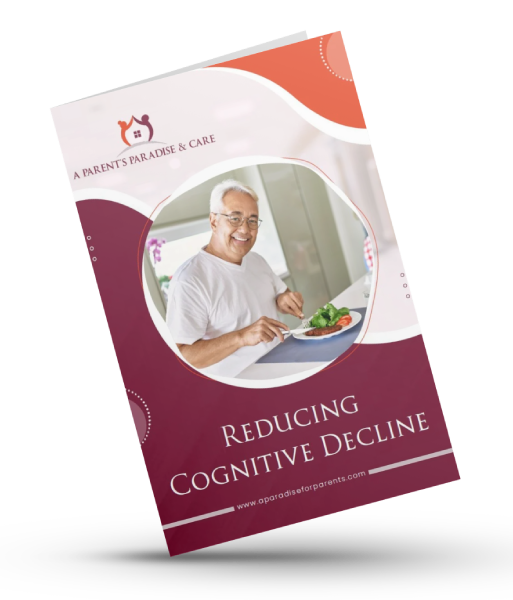Me neither. Until recently. When I did hear about it, I liked what I heard. Especially when we’re talking about care for the elderly. Why is chronobiology important? We’ll explain. But first some background. Chronobiology seems kind of new. When I went to a dictionary website, here’s what I found for a definition:
“The science or study of the effect of time, especially rhythms, on living systems.”
Everyone has heard of Circadian Rhythms that regulate our sleep. Those of you who have done some international travel or worked the night shift at your job probably know why is chronobiology important.
Now Chronobiology scientists are finding out those Circadian Rhythms affect a lot more than just your waking and sleep cycles. Those rhythms can change how a lot of other things you do can affect your body based on the time of day you do them.
Don’t get me wrong. Why is chronobiology important? Maintaining a good sleep routine is very important for the health of seniors, and everyone else for that matter. Many chronobiologists spend a lot of their time and research dollars studying the sleep cycle because it is so important.
One of the biggest senior problems caregivers tackle is a condition called Sundowners. Some seniors get very anxious at night, particularly if they have dementia. Then it seems like their body clock becomes messed up and they stay up all night. And keep their caregiver up as well!
Chronobiology and Your Food and Medication
The more recent developments, however, include how Circadian Rhythms affect drugs and nutrition. On the nutrition side, scientists are finding out that calories you eat for breakfast count a lot less towards your weight than dinner calories.
Some studies show that when men eat the same meal in the morning vs. the evening, the ‘thermic response’ or energy required for digestion, absorption and disposal, is significantly less at night. Other studies have also found that ‘night eaters’ are more prone to weight gain and obesity.
A sub-specialty of Chronobiology is Chronopharmacology. That’s the study of how drugs interfere with your Circadian Rhythms. It is also the study of how to maximize a drug’s effectiveness depending on what time of day you take it. The time of day you take a drug will also influence its toxicity. It has to with the volume of the fluids in your body and where they flow during they day. If the fluids are closer to a target organ for the drug (kidneys, liver etc.), then the effects are diluted.
Interestingly there has not been a lot of research in the area of circadian effects of drugs on sleep disorders. You would think this would be a large focus of Chronobiologists. For instance there are very few studies into drug timing for afflictions like Narcolepsy. Seems like an important area of study for both young and old.





